In a striking development, five Republican members of the US House Committee on the Judiciary have raised alarms about the state of the rule of law in Poland under the government of Prime Minister Donald Tusk. In a letter addressed to Michael McGrath, the European Union’s Commissioner for Democracy, Justice, and the Rule of Law, the congressmen expressed “deep concern” over what they perceive as the Tusk administration’s weaponization of the justice system to suppress the conservative opposition, particularly the Law and Justice (PiS) party. This article explores the allegations, the broader context of Poland’s political landscape, the historical tensions between Poland and the EU, and the potential implications for democracy in the region.
Background: The Letter and Its Signatories
The letter, sent on Tuesday, was signed by prominent Republican figures, including House Judiciary Committee Chairman Jim Jordan, alongside Representatives Darrell Issa, Chris Smith, Warren Davidson, and Andy Harris. These congressmen are known for their conservative stances and have often aligned with policies favoring limited government and skepticism toward international institutions like the EU. Their decision to intervene in a European domestic issue underscores the growing interconnectedness of global conservative movements and their shared concerns about democratic backsliding.
The letter specifically accuses the Tusk government, which assumed power in December 2023, of pursuing legal actions against PiS, the former ruling party, in a manner that appears designed to “silence and damage” its political rivals ahead of Poland’s 2025 presidential election. The timing of the letter, just days before the first round of the election, suggests a strategic effort to draw international attention to these concerns.
The Tusk Government’s Actions Against PiS
Legal Actions and Alleged Political Persecution
The congressmen highlight several instances that they argue demonstrate the Tusk government’s misuse of judicial power. One prominent example is the decision by the government’s parliamentary majority to strip PiS leader Jarosław Kaczyński of his legal immunity, exposing him to a defamation lawsuit. Kaczyński, a polarizing figure who has dominated Polish politics for decades, is a central target for Tusk’s coalition, which accuses him of orchestrating democratic erosions during PiS’s tenure from 2015 to 2023.
Another troubling case cited in the letter involves the death of a former top PiS aide, who suffered a heart attack shortly after being denied access to an attorney during an interrogation by prosecutors. The congressmen suggest that this incident reflects a broader pattern of mistreatment and intimidation aimed at PiS affiliates. While the specifics of the case remain murky, it has fueled accusations that the Tusk government is using aggressive prosecutorial tactics to weaken its opponents.
The letter also points to the detention of Michał Olszewski, a priest with ties to PiS, on corruption charges. The congressmen argue that his treatment in custody raises questions about the government’s respect for due process. Additionally, they reference a deputy prime minister’s public call to revoke the broadcasting license of a conservative television station, which they view as an attempt to curb media freedom.
“Together, these actions raise concerns about whether the Tusk government is upholding the EU’s democratic values and whether it will further attempt to silence its political rivals by using anti-democratic laws,” the congressmen wrote.
Context of Tusk’s Reforms
To fully understand these accusations, it’s essential to examine the broader context of Tusk’s governance. After winning the 2023 parliamentary elections, Tusk’s coalition—a diverse alliance spanning left-wing, centrist, and center-right parties—promised to restore democratic norms and the rule of law, which they argued had been severely undermined under PiS. During PiS’s eight-year rule, international organizations, legal experts, and European courts documented numerous violations, including judicial reforms that compromised the independence of the judiciary, media crackdowns, and restrictions on civil liberties.
Tusk’s government has moved swiftly to address these issues, launching investigations into alleged crimes committed by PiS officials during their time in power. These efforts include probes into corruption, abuse of power, and electoral irregularities. However, critics, including PiS and some independent observers, argue that the Tusk administration’s zealous pursuit of justice has sometimes crossed legal and ethical boundaries.
The EU’s Role and Alleged Double Standards
EU Criticism of PiS vs. Silence on Tusk
One of the letter’s central claims is that the EU has exhibited a “double standard” in its treatment of Poland’s successive governments. Under PiS, the EU was vocal in its condemnation, imposing sanctions such as freezing €137 billion in funds due to rule-of-law violations. The European Commission, backed by rulings from the European Court of Justice, argued that PiS’s judicial reforms and other policies threatened the EU’s democratic principles.
In contrast, the congressmen note that the EU has been conspicuously silent about the Tusk government’s alleged transgressions. They argue that this discrepancy raises questions about the EU’s impartiality and its commitment to upholding fundamental rights across all member states. The letter warns that the EU’s “silence may embolden the Tusk government’s censorship efforts,” potentially leading to broader consequences, including the censorship of American speech—a concern tied to the global reach of media and political discourse.
The Unlocking of EU Funds
A key point of contention is the EU’s decision to unlock the previously frozen €137 billion in funds for Poland shortly after Tusk took office. PiS has argued that this move was politically motivated, designed to reward a pro-EU government rather than reflecting substantive reforms. Indeed, critics point out that Tusk’s administration has yet to implement major legislative changes to address the rule-of-law concerns raised under PiS. The rapid release of funds has fueled suspicions that the EU’s earlier sanctions were less about principle and more about geopolitical strategy.
However, supporters of the EU’s decision argue that Tusk’s coalition has taken meaningful steps, such as restoring judicial independence and engaging in dialogue with European institutions. They contend that the unlocking of funds reflects confidence in Poland’s renewed commitment to EU values, even if the reform process is ongoing.
Poland’s Political Polarization and the Rule of Law
Public Perception and Polls
The rule-of-law debate in Poland is deeply intertwined with the country’s polarized political landscape. A poll conducted in January 2025 revealed that more Poles believe the rule of law has deteriorated under Tusk than improved. This finding suggests that public trust in the government’s reform efforts is fragile, with many citizens skeptical of its motives. The perception that Tusk’s actions are driven by political vendettas rather than a genuine commitment to justice has gained traction, particularly among PiS supporters.
At the same time, Tusk’s coalition enjoys significant support among urban, liberal, and pro-EU demographics, who view his government as a necessary corrective to PiS’s authoritarian tendencies. This divide underscores the challenge of pursuing justice in a deeply divided society, where actions intended to restore democracy can be interpreted as partisan overreach.
Tusk’s Own Admissions
Adding complexity to the narrative is Tusk’s own acknowledgment of the potential legal ambiguities in his government’s approach. In a speech last September, he admitted that efforts to restore constitutional order and liberal democracy might involve “mistakes” or actions that some legal authorities could deem inconsistent with the law. This candid statement has been seized upon by critics as evidence of the government’s willingness to bend legal norms to achieve its objectives.
“If we want to restore the constitutional order and the foundations of liberal democracy…[we] will probably make mistakes or commit actions that, according to some legal authorities, will be inconsistent or not fully compliant with the provisions of the law,” Tusk said.
PiS’s Ties to U.S. Conservatives
The involvement of U.S. congressmen in this issue is not entirely surprising, given PiS’s longstanding ties to American conservatives, particularly the Republican Party. During his presidency, Donald Trump forged a close relationship with PiS, praising its nationalist policies and hosting PiS-backed leaders. Earlier this month, Trump met with Karol Nawrocki, PiS’s presidential candidate, at the White House, signaling continued support for the party.
This transatlantic alliance reflects a shared ideological commitment to conservatism, skepticism of supranational institutions, and resistance to progressive agendas. The congressmen’s letter can be seen as an extension of this partnership, amplifying PiS’s grievances on an international stage and framing Tusk’s actions as a threat to democratic freedoms.
Hidden Truths and Broader Implications
The Complexity of Restoring Democracy
Restoring the rule of law after years of democratic backsliding is a fraught and complex process. Tusk’s government faces the daunting task of dismantling PiS’s institutional changes—such as packed courts and captured media—while avoiding the appearance of political retribution. The cases cited by the congressmen, while concerning, must be weighed against the broader context of PiS’s own record, which includes documented abuses of power.
Independent legal experts have cautioned that Tusk’s reforms, while well-intentioned, risk undermining their own legitimacy if they bypass established legal procedures. For example, the decision to strip Kaczyński of immunity, while legally permissible, has been criticized as a symbolic move that could inflame tensions rather than promote reconciliation.
Geopolitical Stakes
The controversy also has significant geopolitical implications. Poland, a key NATO ally and a frontline state in the context of Russia’s aggression in Ukraine, plays a critical role in European security. The EU’s relationship with Poland is thus not just about internal governance but also about maintaining a united front against external threats. The Tusk government’s pro-EU orientation has been welcomed in Brussels, but any perception of democratic erosion could strain this partnership.
Moreover, the U.S. congressmen’s intervention highlights the growing influence of American politics in European affairs. As conservative movements in the U.S. and Europe increasingly align, domestic issues in one region can quickly become flashpoints in another, complicating international diplomacy.
Research and Expert Perspectives
Academic studies on democratic backsliding offer valuable insights into Poland’s current predicament. Scholars like Wojciech Sadurski have argued that PiS’s reforms created a “hybrid regime” that combined democratic and authoritarian elements. Reversing such a system requires not only legal reforms but also a cultural shift toward trust in institutions—a process that can take years.
Meanwhile, organizations like Freedom House and the V-Dem Institute have tracked Poland’s democratic trajectory. Their reports confirm that PiS’s rule saw significant declines in judicial independence and media freedom, but they also note that Tusk’s reforms have yet to fully restore these pillars. The V-Dem Institute’s 2024 report, for instance, flagged concerns about the politicization of prosecutions under Tusk, echoing the congressmen’s allegations.
Legal scholars have also weighed in on the EU’s role. Anne Applebaum, a prominent commentator on Eastern European politics, has argued that the EU’s selective enforcement of democratic norms risks undermining its credibility. If the EU is seen as favoring pro-EU governments regardless of their actions, it could weaken its moral authority in future disputes.
Conclusion
The concerns raised by U.S. congressmen about the rule of law in Poland under Donald Tusk’s government highlight a critical juncture in the country’s democratic journey. While Tusk’s coalition has embarked on an ambitious agenda to reverse the democratic erosions of the PiS era, its methods have sparked accusations of overreach and political bias. The EU’s apparent reluctance to criticize Tusk, contrasted with its vocal condemnation of PiS, has fueled perceptions of double standards, raising questions about the bloc’s commitment to impartiality.
As Poland approaches its 2025 presidential election, the stakes could not be higher. The outcome will shape not only the country’s domestic trajectory but also its relationship with the EU and its allies in the U.S. For Tusk, the challenge lies in balancing the pursuit of justice with the imperative to uphold the very democratic principles his government claims to champion. For the EU, the task is to ensure that its oversight of member states remains consistent and principled, regardless of political alignments.
Ultimately, the situation in Poland serves as a microcosm of the broader challenges facing democracies worldwide: how to restore trust in institutions, bridge deep societal divides, and navigate the complexities of justice in a polarized age. The world will be watching as Poland charts its path forward.

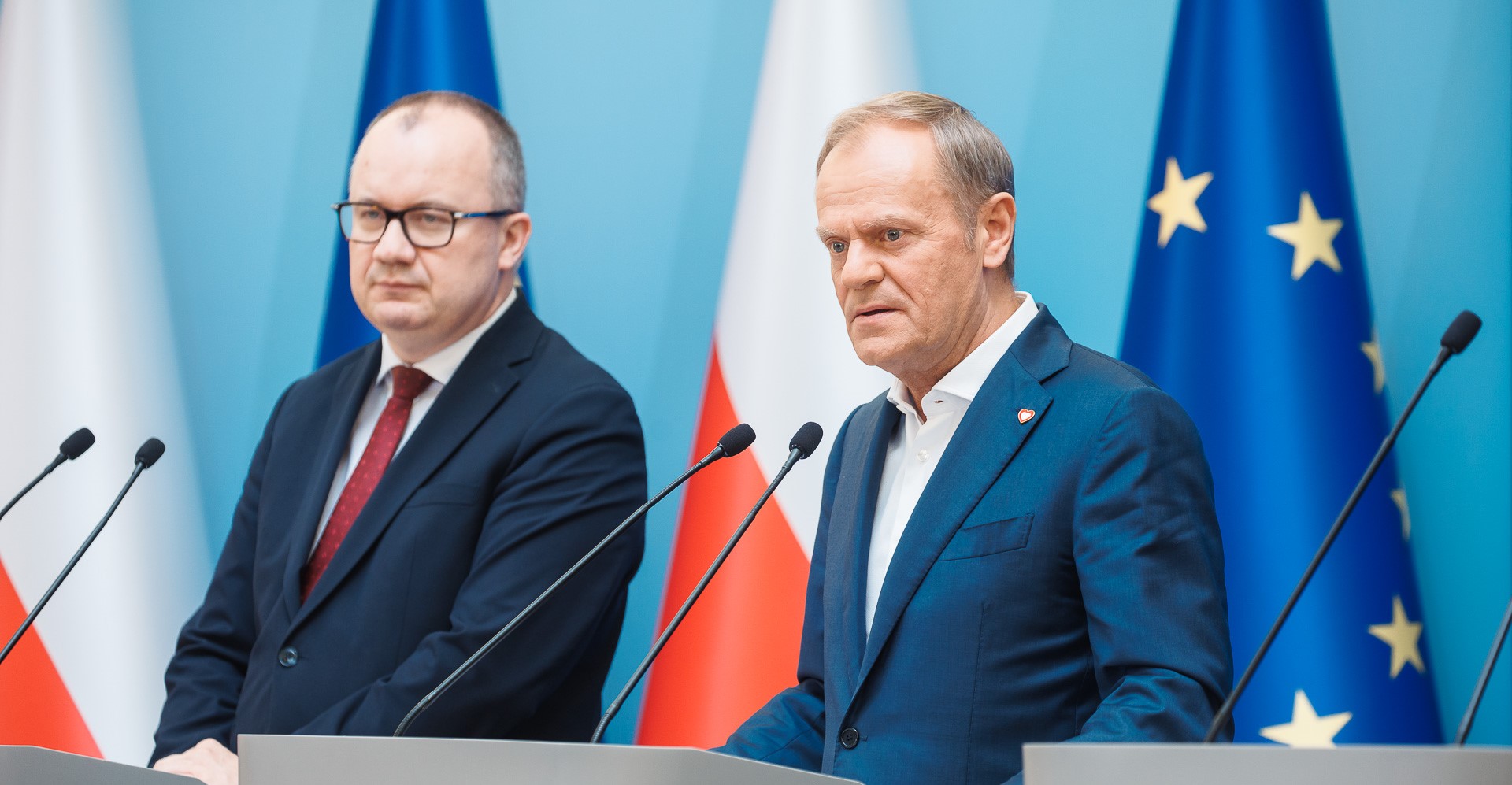

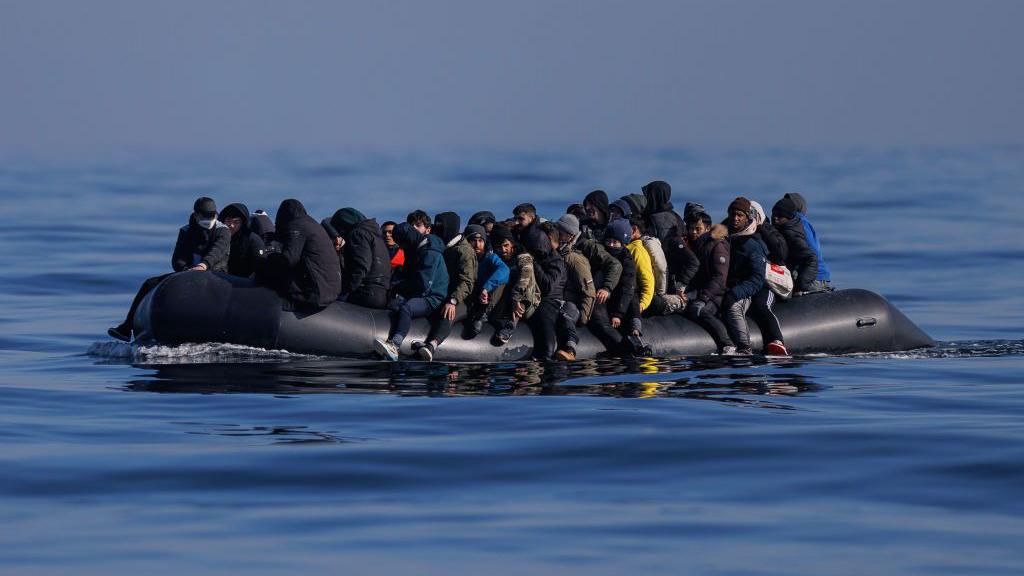





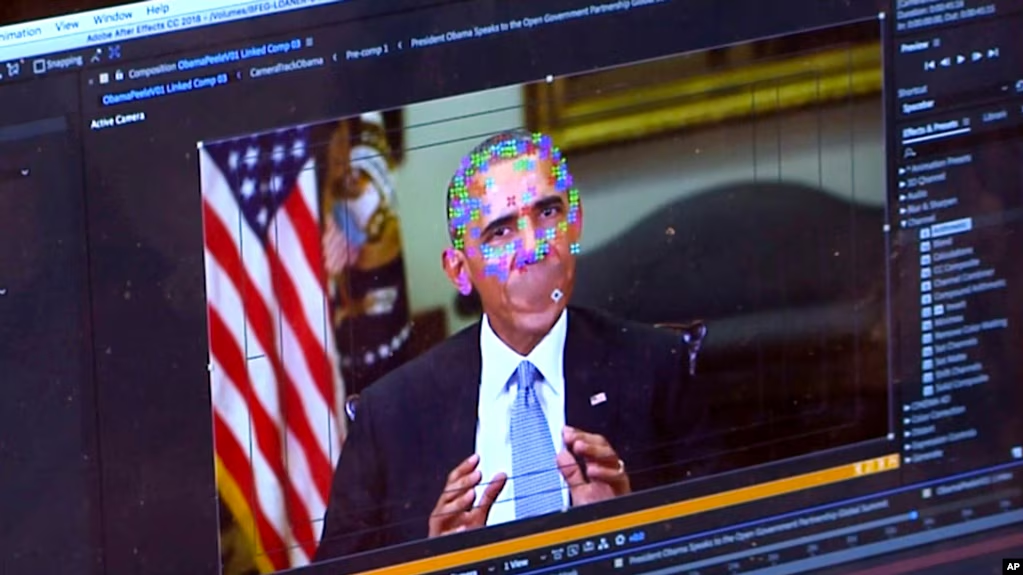


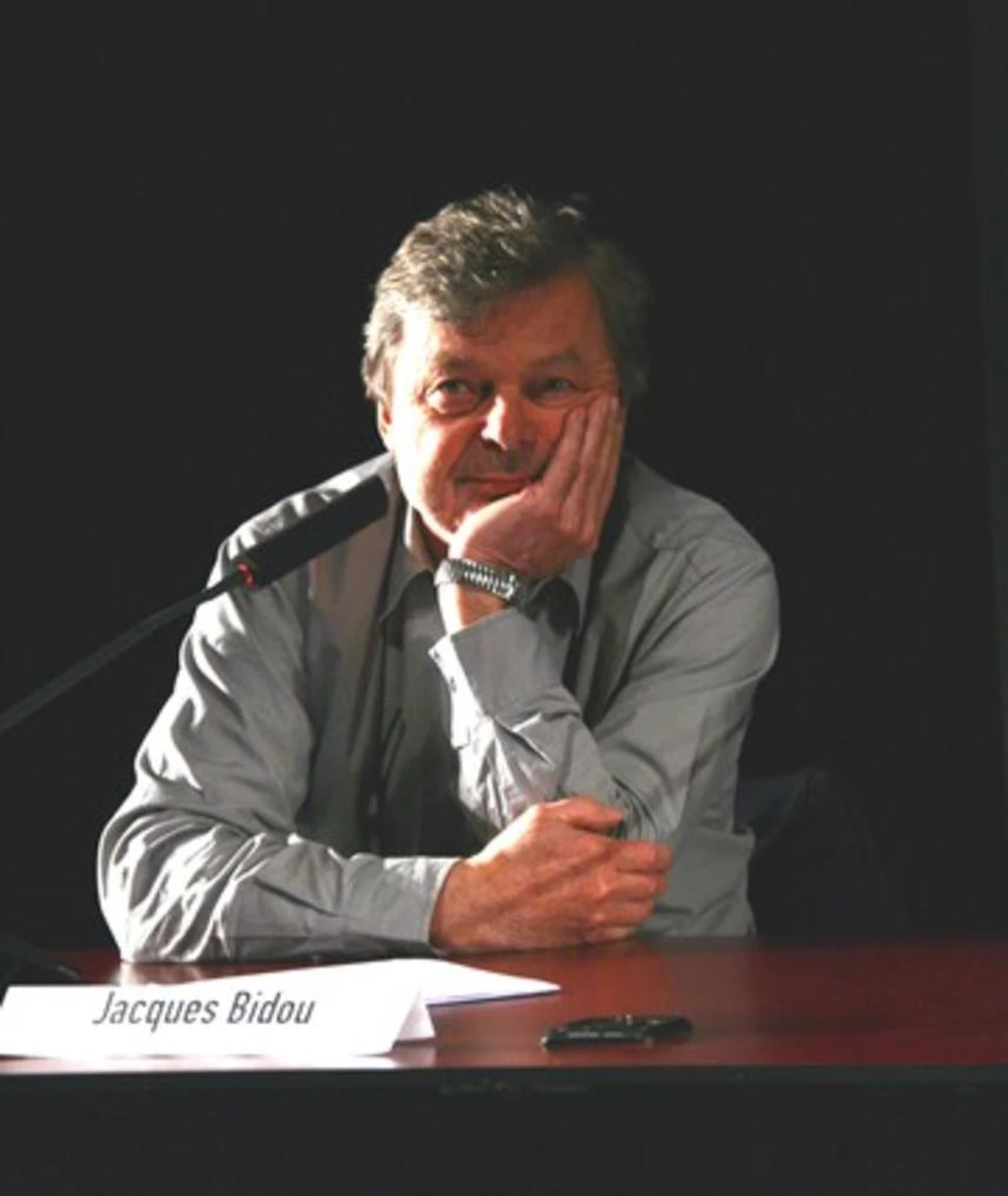














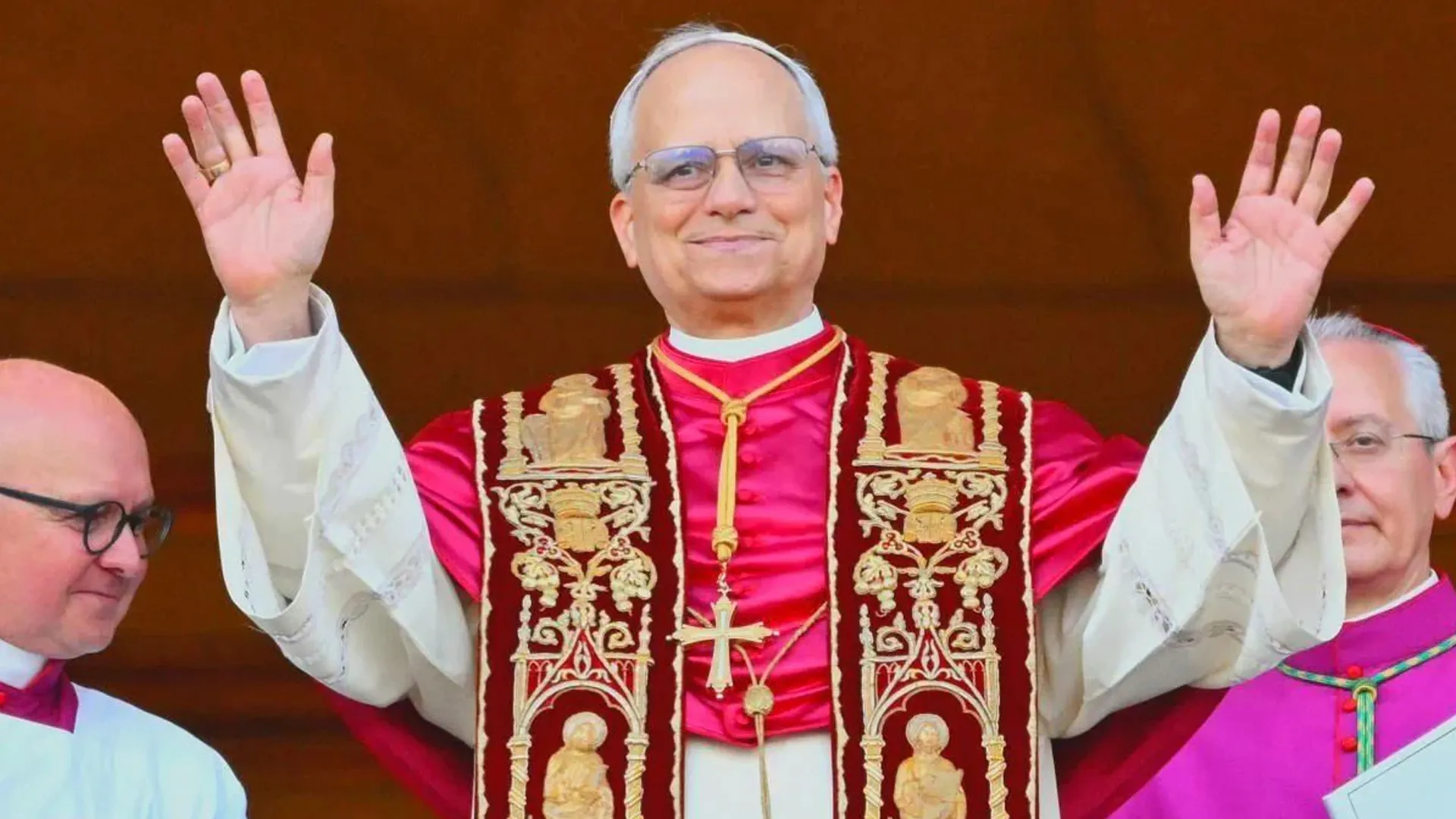
0 Comments